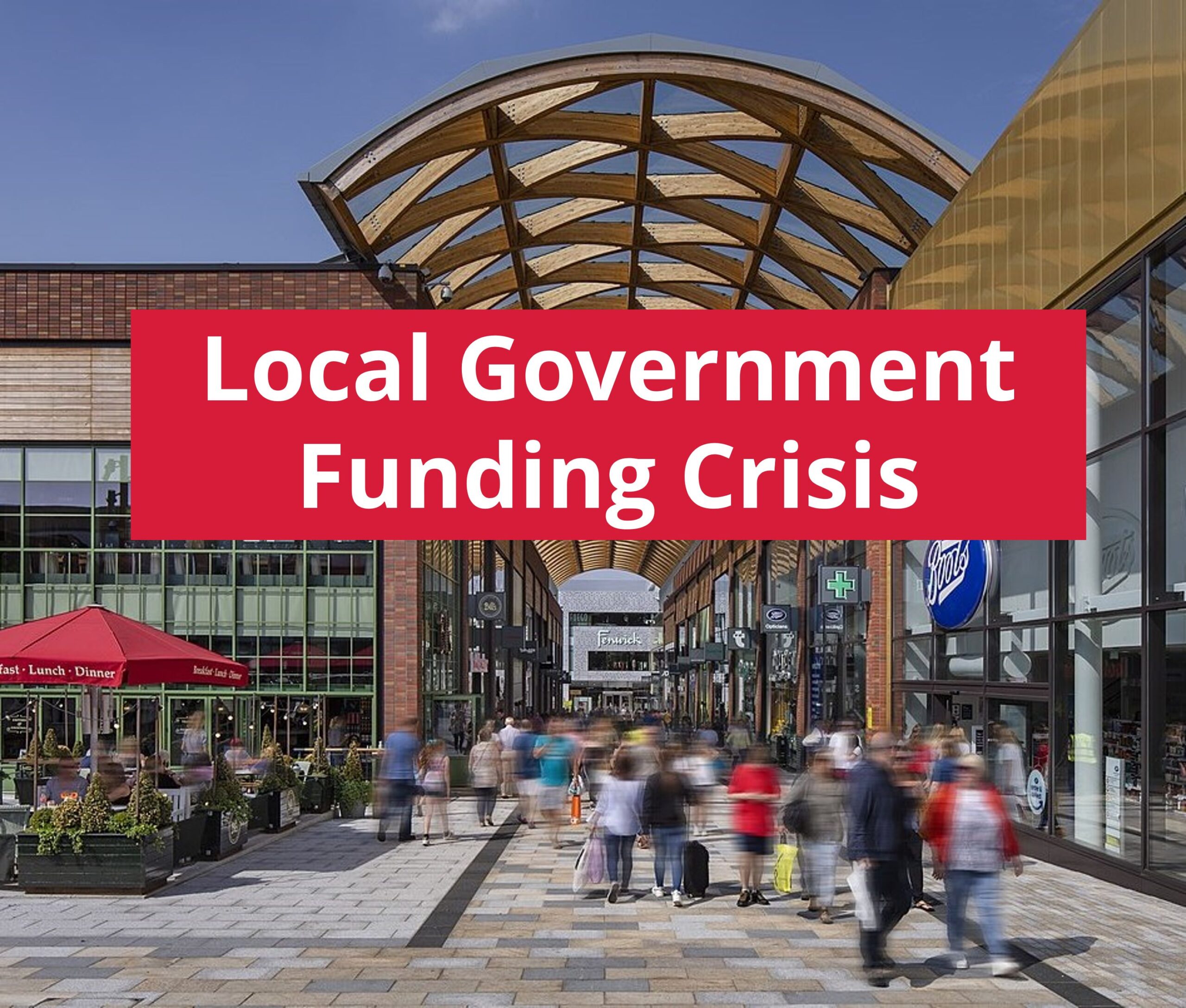Bracknell Labour Serving you here

Councils face the perfect storm. Despite additional funding this year, council finances are under strain like never before. The pressure on council budgets is mounting with spiking inflation, high energy costs, and increases to the National Living Wage, while the demand for services continues to rise.
If nothing changes, councils are facing a funding gap of £4 billion over the next two years, assuming that councils make the difficult choice to increase their council tax to the maximum, before a referendum is needed, in both 2023/24 and 2024/25.
Councils constantly work to protect their budgets, working with and learning from each other to share and transform services to ensure they can deliver high-quality services for residents. But there aren’t any more easy savings to be found. Many councils now face the prospect of having to decide if they need to cut valued services that communities rely on, along with increasing fees and charges for service users during a cost-of-living crisis. In the run-up to the Autumn Statement on Thursday 22 November, we will be calling on the Government to urgently provide adequate funding, longer-term certainty and more clarity on financial reform to help #SaveLocalServices – so councils can keep running the valued services that communities rely on.
Please help us make the case – use #SaveLocalServices on social media, amplify our campaign content, share our key messages in your networks, and send us your case studies. We are also encouraging councils to support our #MakeItLocal campaign to illustrate what councils are already doing and what more could be achieved, given the right investment.
How has local government funding changed since 2010?*
Local authority ‘spending power’ – the amount of money authorities have to spend from government grants, council tax and business rates – fell by 17.5% between 2009/10 and 2019/20, before partially recovering. However, in 2021/22 it was still 10.2% below 2009/10 levels.
Local government in England has limited revenue-raising powers compared to other wealthy countries. In 2018, every other G7 nation collected more taxes at either a local or regional level. 7% of the UK’s taxes were collected, or intended to be collected, locally in 2014, compared to 12% collected locally or federally in Italy, 32% in Germany, and almost 50% in Canada.
* Source: Instutute for Government (https://www.instituteforgovernment.org.uk/explainer/local-government-funding-england#:~:text=Local%20government%20in%20England%20has,a%20local%20or%20regional%20level.)
Promoted by Mary Temperton, on behalf of Bracknell Labour Party all at 35 Southwold, Bracknell, Berkshire, RG12 8XY
